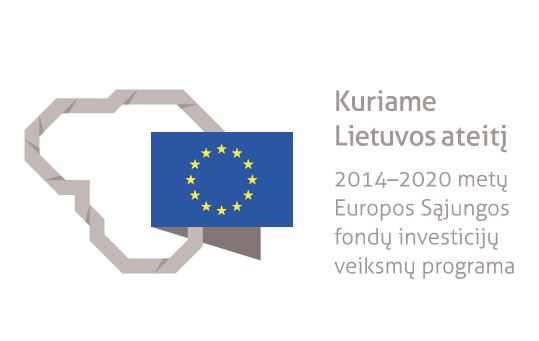Functionalized nanodiamonds: Investigation of magnetic properties (No. 09.3.3-LMT-K-712-02-0077)

This research is funded by the European Social Fund.
Nanodiamonds (NDs) – diamond nanoparticles, with the size ranging from approximately one to several tens of nanometers – are perfectly suitable for drug delivery due to the outstanding properties they possess, namely, exceptional biocompatibility, high carrying capacity, and a wide array of surface functional groups. Studies reveal that, compared to the efficacy of drugs alone, ND-drug complexes substantially increase tumor-killing efficacy even in highly drug-resistant cases. Moreover, ND-drug complexes reduce the harmful side effects of drugs to healthy cells and tissues. One of the drawbacks of using NDs is the difficulty to track their localization and movement in vivo, thus limiting the possibility to monitor the course of a long-term treatment. In order to perform in vivo tracking via magnetic resonance imaging (MRI) – non-invasive high-contrast technique with no harmful ionizing radiation, – contrast agents need to be attached to the surfaces of NDs. The most commonly employed gadolinium-based contrast agents allow to achieve clinically required brightness and contrast, but they are toxic.
The newest study demonstrates that Overhauser effect-enhanced MRI (OMRI) can in principle be applied to monitor and track NDs in vivo without utilizing contrast agents. But for that to happen, NDs must possess suitable magnetic properties, therefore the objective of the project is to investigate magnetic properties of functionalized NDs in order to evaluate their potential for application in the field of innovative biomedical imaging. Theoretical modelling of NDs functionalized with benzoic acid and aniline groups will be carried out within density functional theory scheme using quantum chemistry packages. The research will allow to assess the suitability of magnetic properties of investigated NDs for OMRI-based drug delivery tracking, which in turn can provide exceptionally valuable information on treatment process.
Project duration: 2 years (starting in December of 2017)
Postdoctoral fellow: dr. Šarūnas Masys
Postdoctoral fellowship supervisor: dr. Jelena Tamulienė
